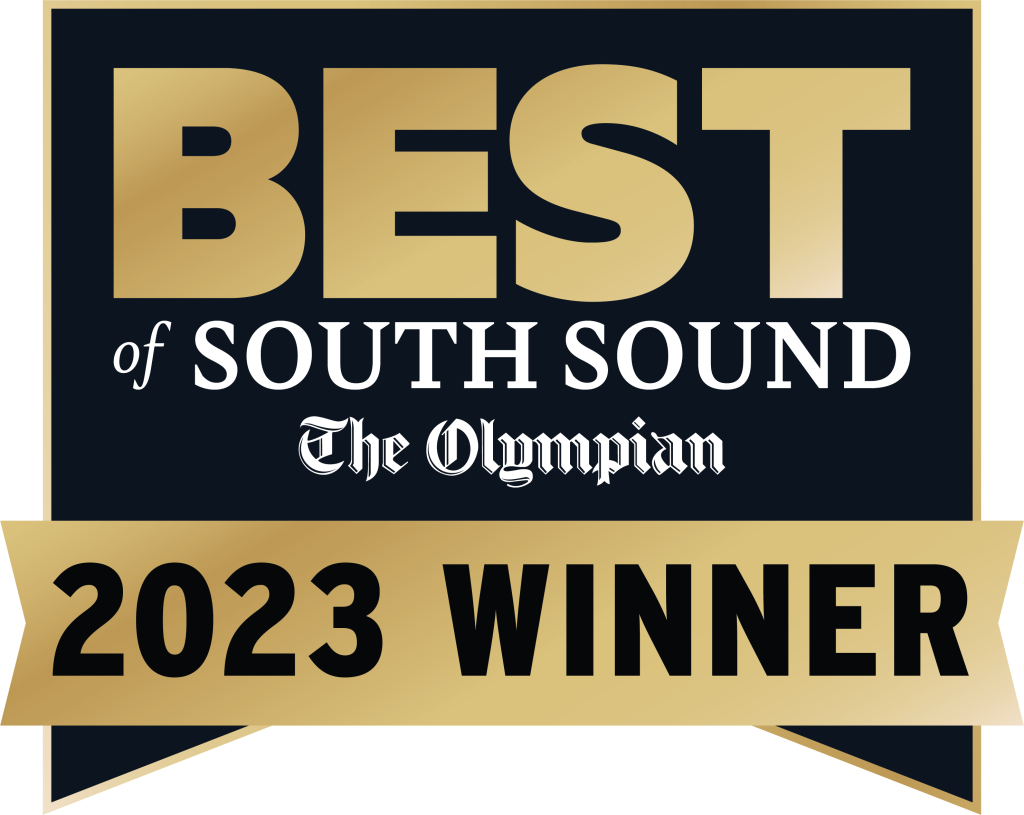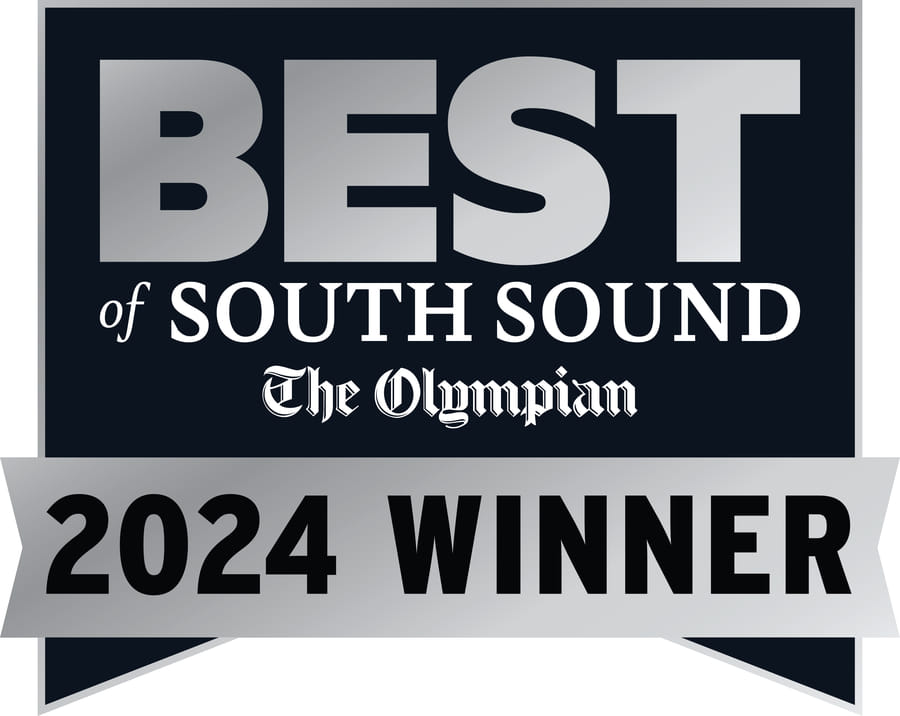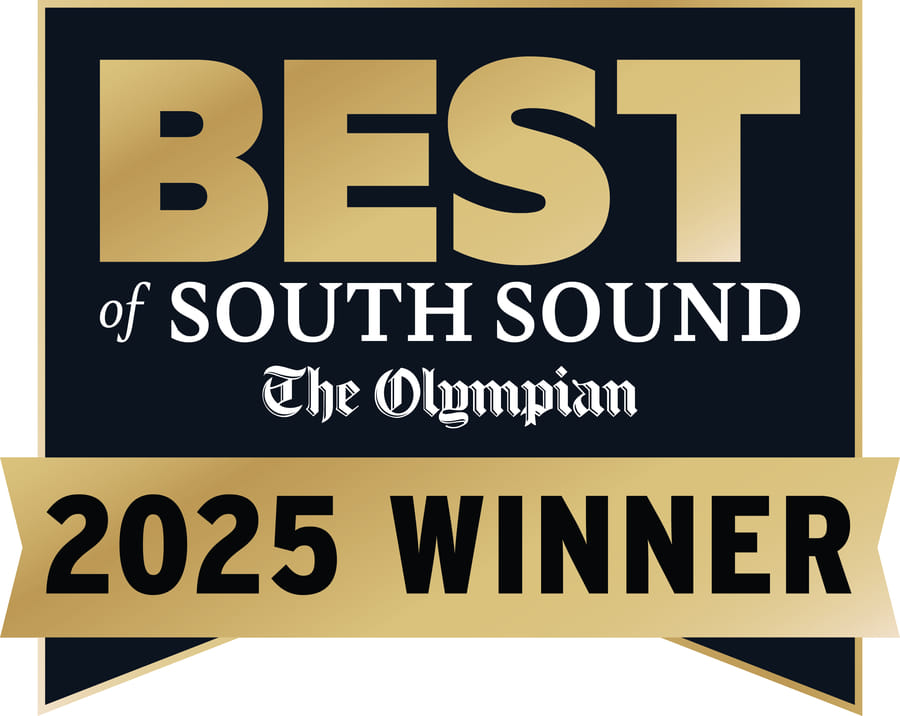Concussion Management
A concussion is a serious matter. When diagnosed properly, it’s important you take the necessary steps to feel better so you don’t accidentally make the injury worse – which you definitely don’t want.
Here at Penrose Physical Therapy, we specialize in helping patients, just like you, with their concussion management so you can heal properly and get back to living that desired active lifestyle you love.
Keep reading to learn more about concussions, signs & symptoms, and our Return to Learn and Return to Play protocols for student-athletes who’ve suffered a concussion.
Concussion Management
A concussion is a serious matter. When diagnosed properly, it’s important you take the necessary steps to feel better so you don’t accidentally make the injury worse – which you definitely don’t want.
Here at Penrose Physical Therapy, we specialize in helping patients, just like you, with their concussion management so you can heal properly and get back to living that desired active lifestyle you love.
Keep reading to learn more about concussions, signs & symptoms, and our Return to Learn and Return to Play protocols for student-athletes who’ve suffered a concussion.
Concussion - Signs & Symptoms
A concussion is defined as violent shaking or jarring action to the brain, usually as a result of impact from an object or the ground. This results in immediate partial or complete impairment of neurological function and is in the spectrum of mild traumatic brain injury (TBI).
Parents, athletes, and coaches all need to be aware of the signs and symptoms of concussions to properly recognize, remove the individual from play, and correctly treat.
-
Headache
-
Vision Difficulty
-
Nausea
-
Dizziness
-
Balance Difficulties
-
Light Sensitivity
-
Fatigue
-
Irritability
-
Sadness
-
Nervousness
-
Sleep Disturbances
-
Memory Loss
-
Attention Disorders
-
Reasoning Difficulties
Return to Learn
Most colleges have a “Return to Learn” protocol and we have modeled ours after that. However, each concussion is unique and will be handled based on each individual’s symptoms and tolerance.
- The first 1-3 days after a concussion need physical and cognitive rest. You can still go on light walks and enjoy talking to friends and family. Movement is still a good idea, but keep it very gentle.
What is cognitive rest? Rest from thinking tasks such as math, puzzles, writing papers, tests, screen time, and overstimulating environments with lights/noise, and screens.
After completion of the 24-72 hours of cognitive rest, the student-athlete should seek an evaluation by a trained healthcare provider in concussion rehabilitation like a physical therapist, athletic trainer, or a physician trained to manage concussions.
If we determine that mental exertion is contraindicated, a letter will be drafted at the visit that the student can take to school to their teachers and school counselors discussing what short-term accommodations are needed.
We are happy to facilitate success in the schools and welcome conversations or any phone calls should that be needed
- If symptoms have decreased significantly, the student-athlete will be instructed to begin light mental activity with the end goal of being able to tolerate 30 minutes without an increase in symptoms.
- Once the student-athlete can complete 30 minutes of mental exertion without any increasing symptoms, they can return to the classroom on a part-time basis. This may mean that they take breaks during class, attend only part of their classes, and/or have extra time to complete assignments. The athlete will work with their faculty to assist in any accommodations that may be needed.
- When the student-athlete can tolerate 40 minutes of mental exertion without an increase in symptoms, they can begin a gradual decrease in their academic accommodations depending on symptom response. They should still remain on a part-time basis regarding class attendance.
- When the student-athlete can tolerate 60 minutes of mental exertion with an increase in symptoms, most academic accommodations should be removed. They should be attending all classes full-time at this stage. They may still need accommodation in their more difficult courses.
- Once they have eliminated all academic accommodations, they will begin the return-to-play protocol. They may be able to do light aerobic activity during this entire time of return-to-learn provided symptoms do not increase. This will be up to the healthcare provider trained in concussion management and at their discretion. The student-athlete may require additional time to make up missed class work.
Return to Play Protocol
Unrestricted return-to-sport should not occur prior to unrestricted return-to-learn for concussions diagnosed while the student-athlete is enrolled in classes. It’s important to recognize each return-to-play plan will be individualized and supervised by a healthcare provider with expertise in concussion management.
- The initial treatment for all athletes following a concussion is at least 1-3 days of relative physical and cognitive rest. Relative rest should continue until the athlete has returned to their pre-concussion baseline status.
- Ideally having the concussed athlete evaluated after the first 2 days in our office to help guide them with return-to-play and return-to-learn protocols and tips to ease symptoms and identify those that may be more complicated.
- Discretion can be used by the healthcare provider to introduce mild aerobic activity during the transition period of returning to pre-concussion baseline status, so long as such activity does not exacerbate post-concussion symptoms or signs. To determine baseline status, the testing protocol through Sway Medical App will be utilized after the athlete is symptom-free for 24 hours.
If the Sway Medical App test determines they have met the threshold of being within their baseline status, they may progress. If they have not been determined to be at their baseline status, they will be deemed a complicated concussion case and may be referred to the physician’s office trained in concussion management for an official visit.
- Once the athlete has returned to their baseline status, a stepwise progression return-to-sport protocol will take place. The stepwise progression will be supervised by a healthcare provider with expertise in concussion management with it being typical for each step in the progression to last at least 24 hours.
The stepwise progression includes:
- Symptom-limited activity
- Light aerobic exercise such as walking, swimming, or riding a stationary bike for a least 15 minutes. Stimulating visual pathways with certain eye movements and tracking various targets may start if symptoms remain unprovoked. No resistance training is permitted. If asymptomatic with light aerobic exercise, then;
- Sport-specific activity (mode, duration, and intensity specific) exercise with no head impact. If asymptomatic with sport-specific activity, then;
- Non-contact sports drills and resumption of progressive resistance training. If asymptomatic with non-contract drills and resistance training, then;
- Full-contact practice and unrestricted training. If asymptomatic with full-contact practice, then;
- Unrestricted return-to-sport. NOTE: If at any point the student-athlete becomes symptomatic (more symptomatic than baseline), adjustments will be made to the return-to-sport progression.
Who can make return-to-play decisions?
A physical therapist trained in concussion management, an ATC, or a physician with expertise in concussion management can make return-to-play decisions in the state of WA.
All complicated concussions (those who do not pass the cognitive testing once symptom-free, an athlete with multiple concussions, multiple factors impeding the recovery process, etc) will be referred to a physician trained in concussion management.
If you’re interested in learning more about concussion management and how Penrose Physical Therapy can help you, contact us TODAY for more information! We’d love to discuss options and find out if we’re the right fit for you.
Unrestricted return-to-sport should not occur prior to unrestricted return-to-learn for concussions diagnosed while the student-athlete is enrolled in classes. It’s important to recognize each return-to-play plan will be individualized and supervised by a healthcare provider with expertise in concussion management.
- The initial treatment for all athletes following a concussion is at least 1-3 days of relative physical and cognitive rest. Relative rest should continue until the athlete has returned to their pre-concussion baseline status.
- Ideally having the concussed athlete evaluated after the first 2 days in our office to help guide them with return-to-play and return-to-learn protocols and tips to ease symptoms and identify those that may be more complicated.
- Discretion can be used by the healthcare provider to introduce mild aerobic activity during the transition period of returning to pre-concussion baseline status, so long as such activity does not exacerbate post-concussion symptoms or signs. To determine baseline status, the testing protocol through Sway Medical App will be utilized after the athlete is symptom-free for 24 hours.
If the Sway Medical App test determines they have met the threshold of being within their baseline status, they may progress. If they have not been determined to be at their baseline status, they will be deemed a complicated concussion case and may be referred to the physician’s office trained in concussion management for an official visit.
- Once the athlete has returned to their baseline status, a stepwise progression return-to-sport protocol will take place. The stepwise progression will be supervised by a healthcare provider with expertise in concussion management with it being typical for each step in the progression to last at least 24 hours.
The stepwise progression includes:
- Symptom-limited activity
- Light aerobic exercise such as walking, swimming, or riding a stationary bike for a least 15 minutes. Stimulating visual pathways with certain eye movements and tracking various targets may start if symptoms remain unprovoked. No resistance training is permitted. If asymptomatic with light aerobic exercise, then;
- Sport-specific activity (mode, duration, and intensity specific) exercise with no head impact. If asymptomatic with sport-specific activity, then;
- Non-contact sports drills and resumption of progressive resistance training. If asymptomatic with non-contract drills and resistance training, then;
- Full-contact practice and unrestricted training. If asymptomatic with full-contact practice, then;
- Unrestricted return-to-sport. NOTE: If at any point the student-athlete becomes symptomatic (more symptomatic than baseline), adjustments will be made to the return-to-sport progression.
Who can make return-to-play decisions?
A physical therapist trained in concussion management, an ATC, or a physician with expertise in concussion management can make return-to-play decisions in the state of WA.
All complicated concussions (those who do not pass the cognitive testing once symptom-free, an athlete with multiple concussions, multiple factors impeding the recovery process, etc) will be referred to a physician trained in concussion management.
If you’re interested in learning more about concussion management and how Penrose Physical Therapy can help you, contact us TODAY for more information! We’d love to discuss options and find out if we’re the right fit for you.




